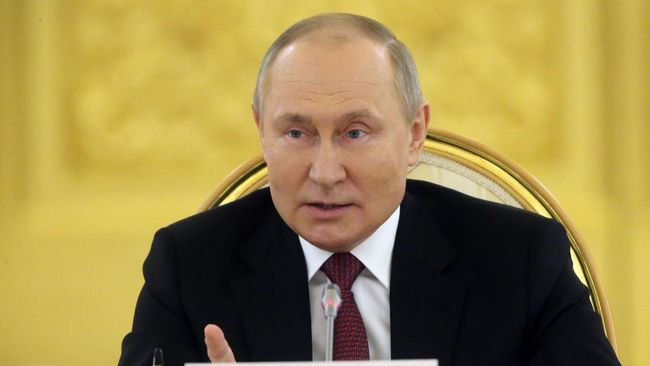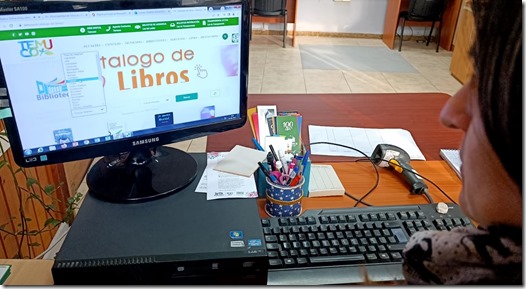IIn Germany too little blood is sent. There is currently an increased demand in clinics and hospitals – also as a result of the stable corona numbers. For a good supply of blood supplies, the proportion of regular donors would also have to double in Bochum and Wattenscheid, because due to the high density of hospitals, more blood supplies are used in the medical facilities here than are donated in the city at all.
At the height of the corona pandemic, non-essential operations had to be postponed in many clinics. They are now being made up for – and that means an increased need for blood supplies. But: There are currently hardly any buffers, hardly any reserves, almost everywhere on the shelves of the DRK blood banks it is empty.
“At the moment, blood donations, which are always urgently needed, are falling even further, sometimes by up to 20-30 percent,” reports Wattenscheid’s DRK President Thorsten Junker with concern. “Several factors play a role in this. One reason is the travel season and the holiday season that is about to start in the summer.” Potential donors are then simply not available, according to another reason: “During the pandemic, including lockdowns and the severely restricted access to clinics, donations fell.” True there have also been numerous first-time donors at the DRK in Wattenscheid in the past few months, who would have relieved risk groups in particular during the pandemic. But these young donors must now be brought back and persuaded to donate regularly.
“What also plays a role in the lack of blood donations,” says Thorsten Junker, “is the demographic change in Germany. On the one hand, blood donations are only possible up to a certain age. At some point, regular donors will no longer be available due to this limit.” On the other hand, the need for blood products in clinics and hospitals is increasing with the growing group of older people. “We need a trend reversal now to avert a serious emergency,” warned the DRK President. Currently, only about three percent of all potential blood donors donate regularly. In order to adequately cover the need in the long term, “it would have to be at least six percent. One or two blood donations a year would be helpful.”
Anyone between the ages of 18 and 68 can donate in Germany. There are exceptions, for example, in the case of certain illnesses, during pregnancy or after traveling to certain areas where there is a risk of infection with diseases such as malaria. Even after a corona infection, blood can only be donated two weeks after recovery.
Women are allowed to donate blood four times and men six times within a year. At least eight weeks must elapse between two donations, mainly because the body has to compensate for the loss of iron through the donation. This usually takes about two months, sometimes a little longer for women.
As a rule, three so-called blood preparations can be obtained from a donation – in addition to the red blood cells, platelets and blood plasma are also obtained from the donations. With one donation, up to three people who depend on such preparations can be helped
“We are therefore urgently appealing for blood donations. An offer to reserve an appointment is available under the link https://www.blutspende.de now,” adds Thorsten Junker: “Blood donation is also a very good opportunity for new donors to show solidarity.”
The next appointment in Wattenscheid is on Sunday, June 19 from 10 a.m. to 2 p.m. in the DRK center at Sommerdellenstraße 26.
The DRK Blood Donation Service West has set up a free hotline in the Donor Service Center for anyone who wants to find out more about blood donation dates close to home. All questions are answered on Tel. 0800/1194911 Monday to Friday from 8 a.m. to 6 p.m.
–


